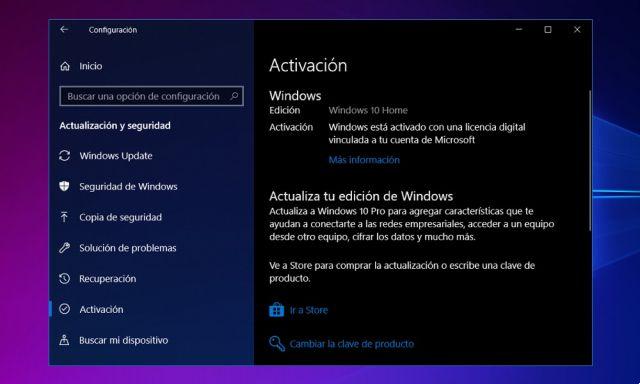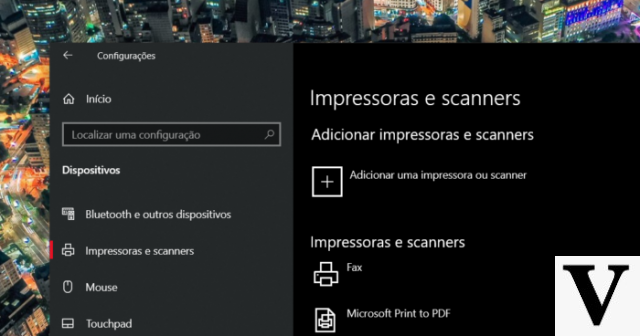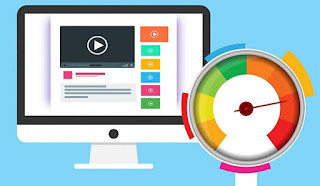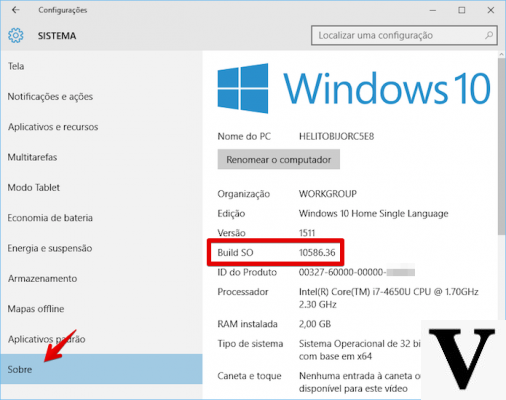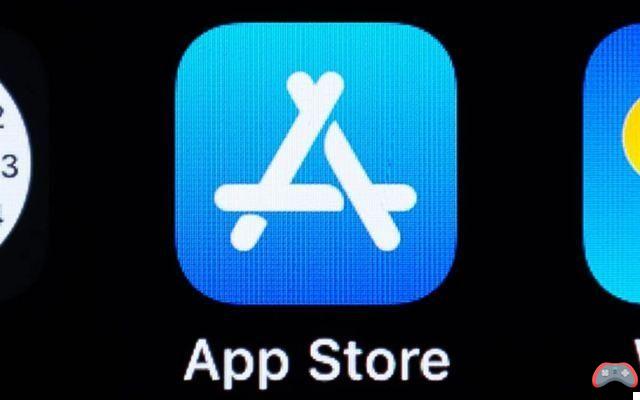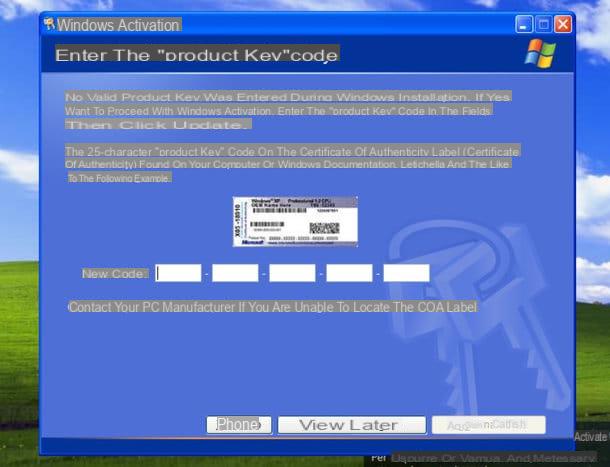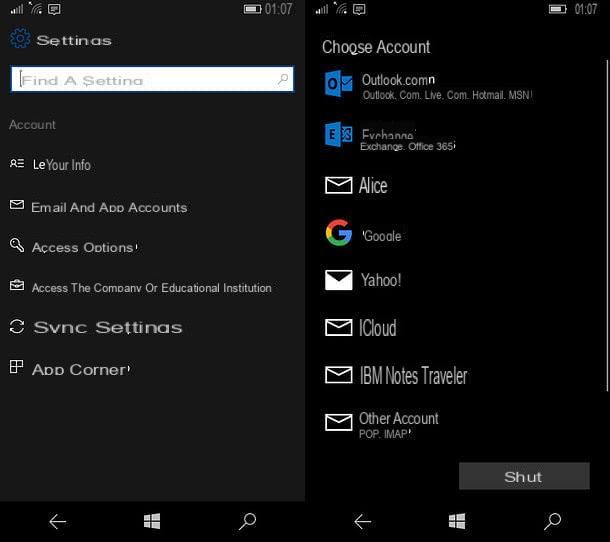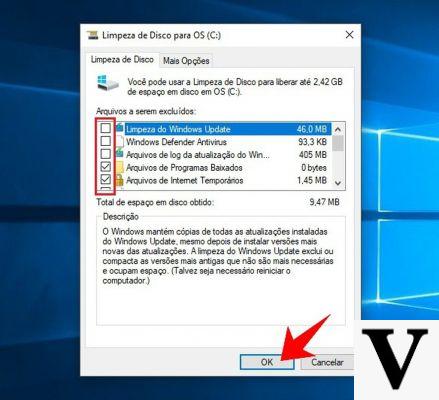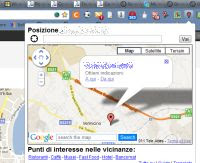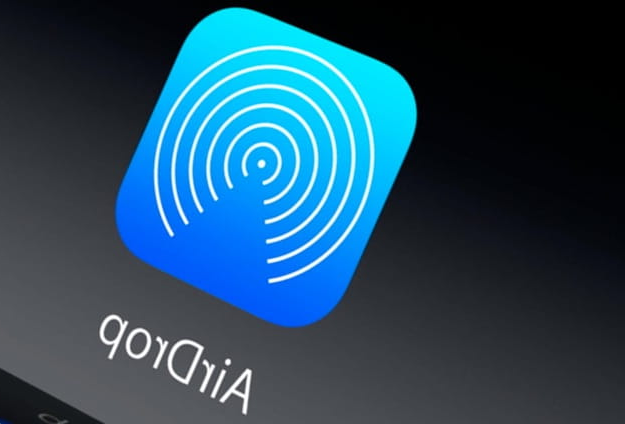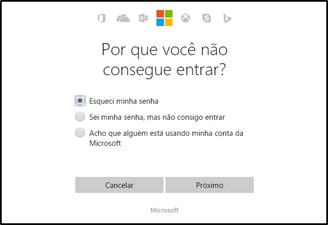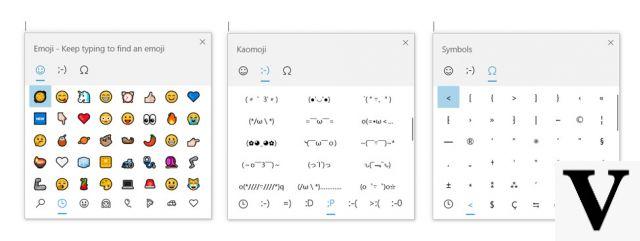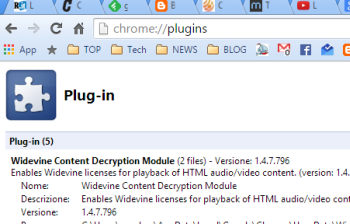 Google has updated the browser Chrome bringing it to version 42 which does not have additional functions, but an important news related to the security of Chrome itself.
Google has updated the browser Chrome bringing it to version 42 which does not have additional functions, but an important news related to the security of Chrome itself.Basically now, by default, all plugins outside the browser such as Java and Silverlight are blocked and are not executed when requested by a site.
In technical terms NPAPI plugins were blocked, an old technology for integrating external components into browsers.
Chrome instead supports a new API, called PPAPI, used for example by Adobe Flash uses in Chrome which in fact is not blocked.
There is also currently no direct option to re-enable blocked plugins.
ALSO READ: How to activate Flash on Chrome (from 2022)
For example, if we have Silverlight installed and up until yesterday it worked on Chrome, it is not seen at all now.
You can try it by going to a test page on the Microsoft site and noting that it requires Silverlight to be installed. Any content that requires an NPAPI plugin such as Java and Silverlight will no longer load in Chrome and the browser will show us an error message or suggestions on how to install the missing plugin.
To see the plugins blocked in Chrome you can open a new tab with address chrome: // components / and note, in the list of plugins, that for each one is written "Type: PPAPI". Those that are not PPAPI will not work and can therefore be removed.
ALSO READ: Remove browser plugins to browse the web safer
To bypass the plugin block in Chrome and continue to use Java-based applications or other NPAPI plugins, you will therefore have to use another browser such as Edge or Internet Explorer.
ALSO READ: How to Download Flash Player on PC (even if no longer supported)







